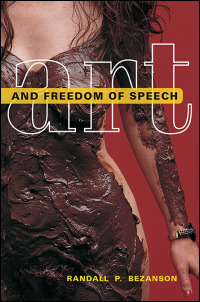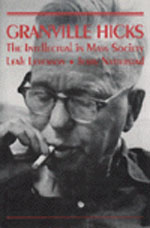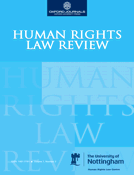 Randall P Bezanson has just pubished another very important book on on Art and Freedom of Speech (University of Illinois Press, 2009), exploring the decisions of the US Supreme Court relating to artistic expression under the First Amendment. From the abstract:
Randall P Bezanson has just pubished another very important book on on Art and Freedom of Speech (University of Illinois Press, 2009), exploring the decisions of the US Supreme Court relating to artistic expression under the First Amendment. From the abstract:
… In considering the transformative meaning of art, the importance of community judgments, and the definition of speech in Court rulings, Bezanson focuses on the fundamental questions underlying the discussion of art as protected free speech: What are the boundaries of art? What are the limits on the government’s role as supporter and “patron” of the arts? And what role, if any, may core social values of decency, respect, and equality play in limiting the production or distribution of art?
Accessibly written and evocatively argued, Art and Freedom of Speech explores these questions and concludes with the argument that, for legal purposes, art should be absolutely free under the First Amendment–in fact, even more free than other forms of speech.
In matters that have recently featured on this blog, his views on blasphemy (discussed here) and treaspassory art (discussed here) will resonate with our recent blasphemy and Cowengate controversies.
Mark Tushnet has written an excellent discussion of Bezanson’s book.…







